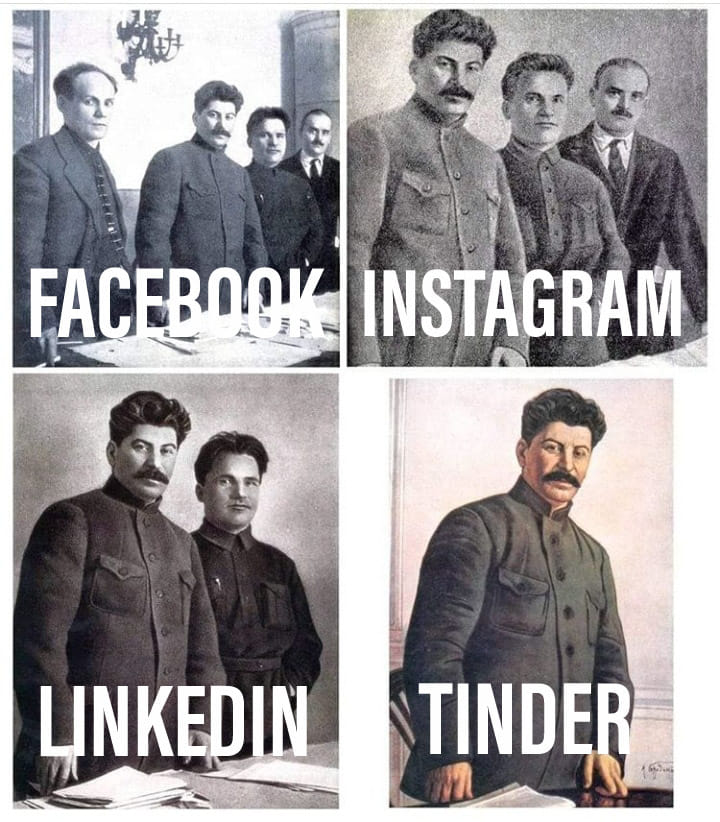Looking back on the activist groups I’ve been part of over the past few decades, I find myself drawn to the messy business of memory. Not nostalgia – something more grounded. A desire to trace the arc of what happened, why it happened, and what it meant, both personally and politically.
But here’s the thing, this is not easy. Many of the people I worked alongside have internalised completely different versions of events. They remember different catalysts, attribute failure or success differently, or – in some cases – choose to forget entirely. Writing about this, even with care, risks reopening bad wounds. It challenges people settled myths. It can feel unkind.
So the question nags: is it useful to try? The answer, I think, is yes. Painful, imperfect, but necessary. Because, as George Santayana reminds us: “Those who forget their history are doomed to repeat it.”
And in our small corner of the world, radical media, grassroots tech, DIY networks, we repeat ourselves a lot. The cycle problem in media activism, is one of the most frustrating things, the endless circling of behaviour. We keep reinventing wheels, reliving the same dramas, walking into traps with our eyes wide open. Why? Because we don’t do history.
Or more precisely, we don’t keep our history. Our web resources disappear, servers shut down, backups get lost, important mailing lists become unreadable, whole communities vanish overnight, and the next wave thinks they’re starting from scratch. This amnesia isn’t accidental, it’s cultural. There’s an ingrained mentality among activists: “We invented this. This is new. We’re the first.” I’ve heard this too many times from people I know to be brilliant and thoughtful. It’s not arrogance, it’s isolation. A lack of intergenerational knowledge transfer.
And the result? Every new cycle repeats the last one’s mistakes, with slightly shinier tools and worse outcomes. Liberal histories are at the centre of this activist memory hole. Another reason to write this history down is that someone else will if we don’t, and when they are outside academics or #fashernistas they’ll get it wrong.
Here’s how it works, academics and #NGOs document movements, but only when they can draw from authoritative sources, often the institutions and individuals who have managed to embed themselves in respectable spaces. It’s safer for them to focus on official reports, named leaders, funded pilot projects, or case studies with neat, too often blinded, conclusions.
But grassroots work is messy by design, it’s often anonymous, decentralised, deliberately undocumented for safety and principle. When the official histories get written, they leave out the people who made the real changes happen. And worse, they reinforce liberal myths about how progress occurs: calm reason, funding applications, polite campaigns.
In truth, many of the most effective projects I’ve been part of were born in squats, kitchens, backrooms, stormy email threads, or chaotic hacklabs. They weren’t polished, they were alive. Take #Indymedia. I was there. I helped build and maintain some of it. I watched it rise, and fall. It was a revolution in online publishing and participatory journalism. It worked, until it didn’t. What killed it wasn’t just tech debt or burnout, it was a lack of historical grounding. We didn’t know how to document our process. We didn’t know how to pass on lessons. When things fractured, there was no record to return to, just fragments and gossip.
That’s part of why I started working on the #OMN (Open Media Network), and later the #indymediaback and #makeinghistory projects. These are attempts to not forget, to build infrastructure with memory baked in, and to do it in a way that resists co-option by the #NGO industrial complex or the liberal publishing gatekeepers. They are also efforts to balance individual and collective histories, to encode the process not just the outcomes, and to ground technology in shared political practice.
Should we document activist histories? Yes, because we keep losing what we built. Yes, because the next wave needs our shoulders to stand on, not just reinvent the same platforms with a shinier interface and worse governance. Yes, because remembering is a political act.
But we should do it with care, with plural narratives, not single heroes. We need archives that respect disagreement and dissonance. We need to document failure as much as success – not as shame, but as compost.
And we need to stop assuming the truth will speak for itself, it won’t, we have to speak it, even when it’s hard. Even when others remember it differently. This is not about gatekeeping. It’s about keeping gates open for others to come through.
If you were part of those times, I invite you to write your piece of it, even if it contradicts mine, especially if it does. If you weren’t, but you’re building now – take time to look back. Ask questions, find the old code, talk to the elders, search for the backups. Document your own work as you go, don’t let it vanish. History isn’t just past, it’s infrastructure. Let’s build some together.






